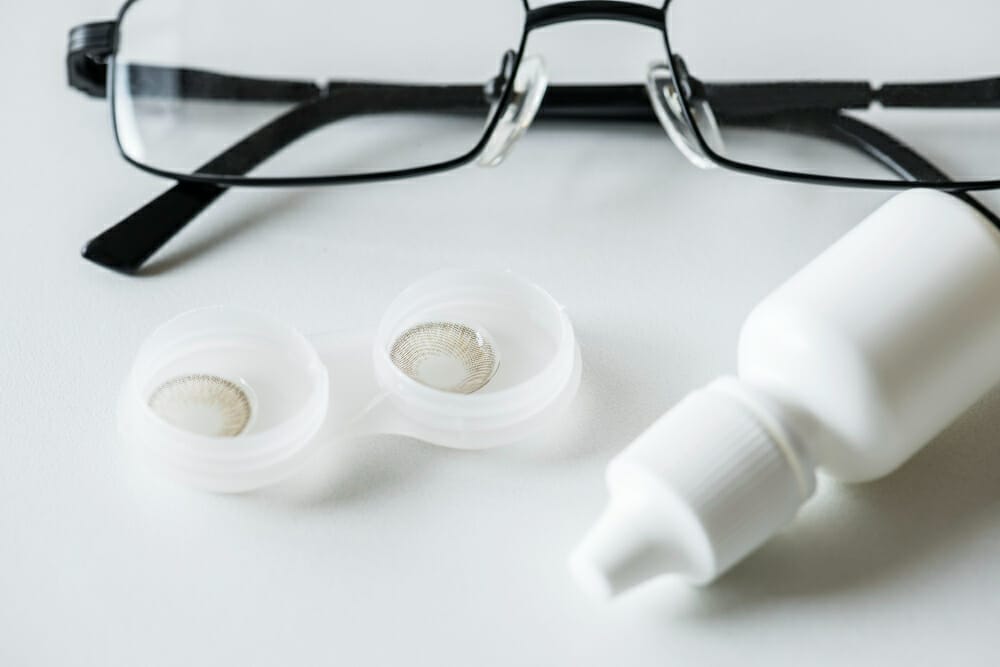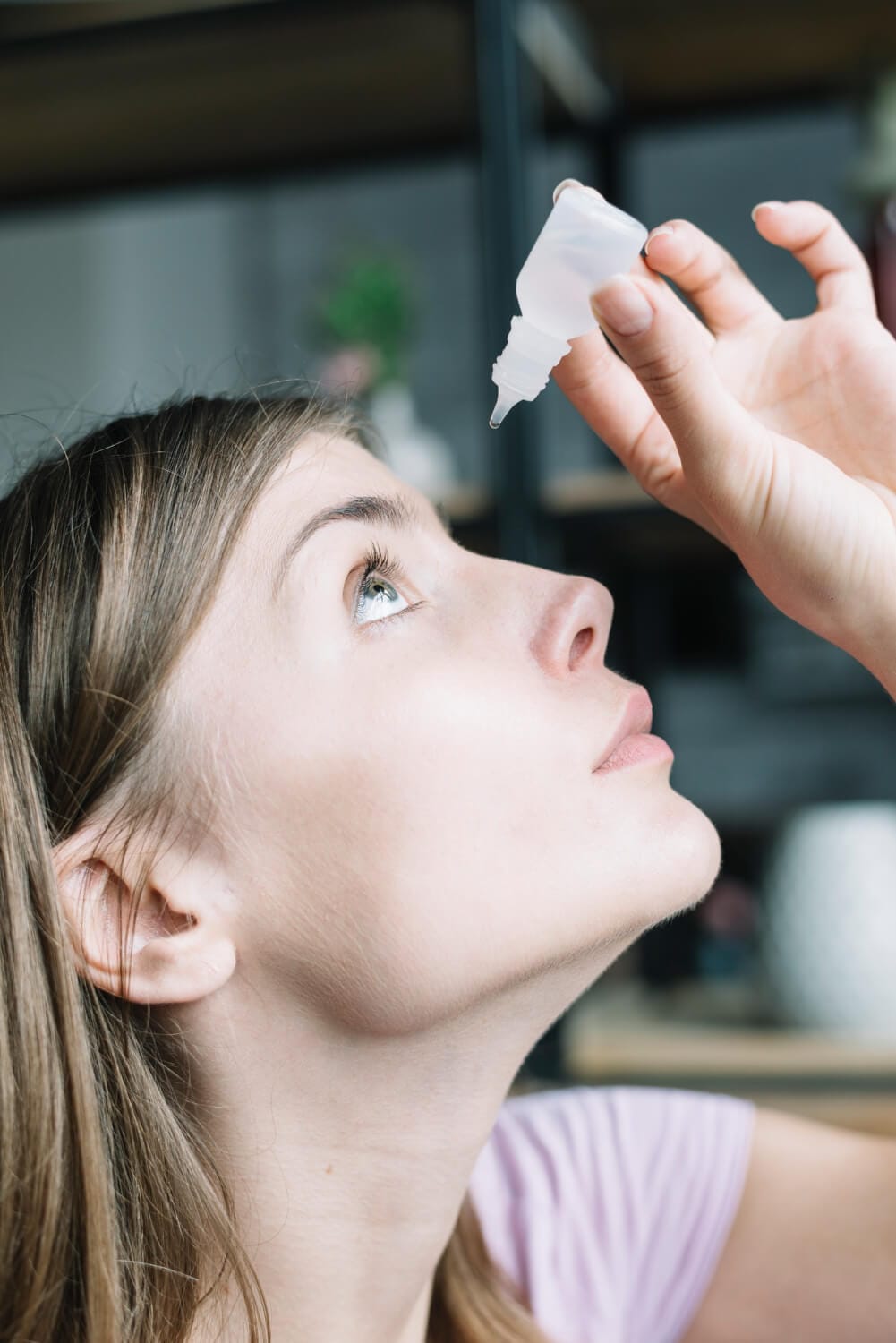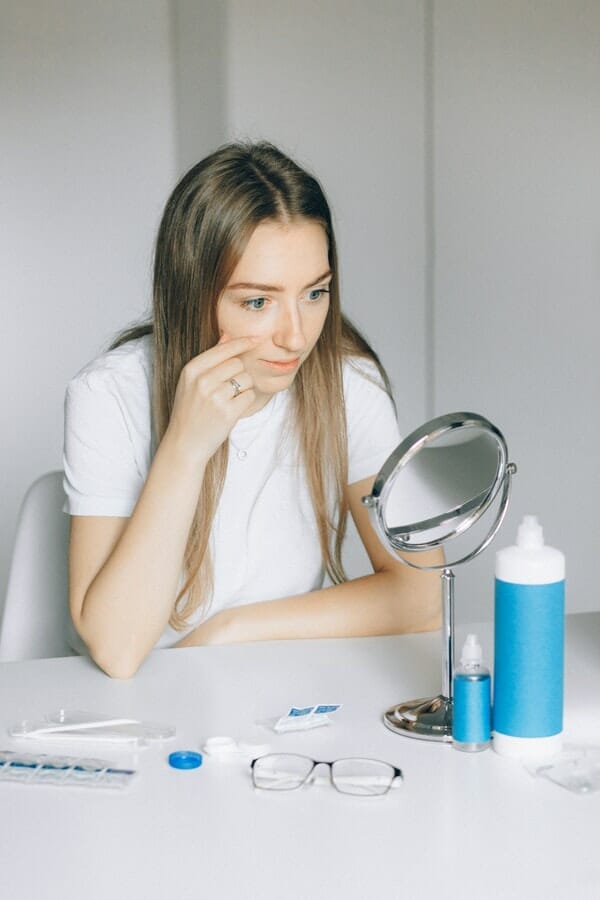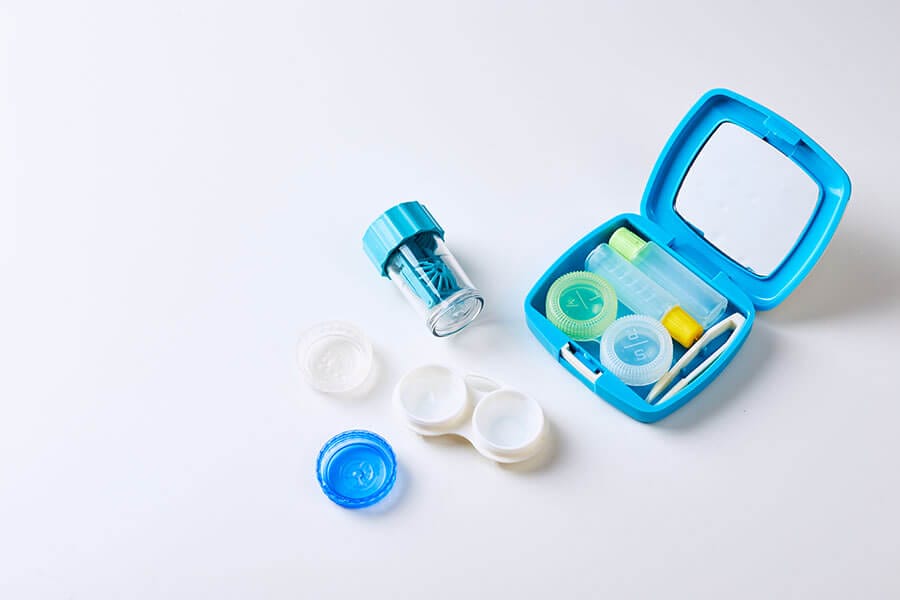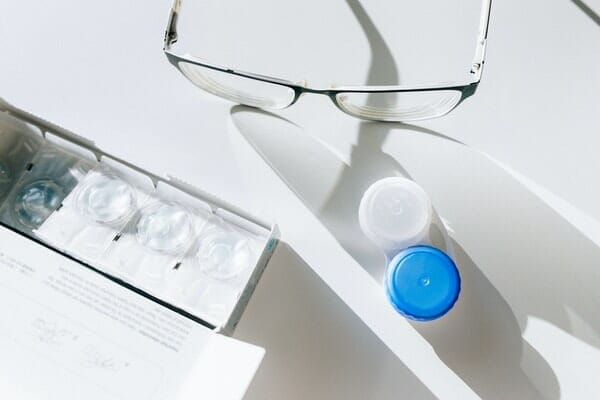Risks of Over-the-Counter Eye Drops
Preservatives: Potential risks from eye drops can include the potential irritation if drops with preservatives are used too often. Additionally, some people may be sensitive to an ingredient in the preservatives, also leading to eye irritation. For people with particularly sensitive eyes, preservative free drops may be the safer option. Always take care to check the label of the eye drops you purchase.
Contamination: If the tip of the eye drop bottle touches the eye or another surface, it can become contaminated. To avoid this, be very careful when handling and applying the bottle while it is open.
Overuse: Over-the-counter (OTC) eye drops are designed for occasional use. Regular and prolonged use of these drops can lead to a condition known as rebound hyperemia, where the eyes become excessively red and irritated. It may also decrease the natural tear production of your eyes, leading to chronic dryness.
Allergic Reactions: Some individuals may experience allergic reactions to certain ingredients in OTC eye drops. Symptoms can include itching, swelling, redness, and discomfort. If you notice any of these symptoms after using eye drops, discontinue their use and consult with your eye care professional.
Masking Serious Conditions: While over the counter eye drops can provide temporary relief from minor irritations, they should not be used as a substitute for a comprehensive eye examination if symptoms persist. Prolonged irritation or discomfort may be indicative of more serious conditions such as infections, allergies, or chronic eye diseases that require professional attention from our eye doctor.
Drug Interactions: Certain ingredients in OTC eye drops may interact negatively with other medications you are taking, particularly if you have a pre-existing medical condition. Always discuss with your healthcare provider or pharmacist if you are on any other medication before using eye drops.
Incorrect Usage: Incorrect usage of eye drops can cause harm. For instance, using the wrong type of drops for your condition, such as using drops designed for redness relief on an infected eye, can potentially worsen the condition. It's also important to note that some eye drops should not be used while wearing contact lenses. Always read the instructions carefully and consult with an optometrist if in doubt.
Dependency: Some eye drops, particularly those designed for redness relief, can cause dependency with long-term use. This means that your eyes may become accustomed to the drops and require them for normal function. Discontinuing the drops may then lead to increased redness and irritation.

